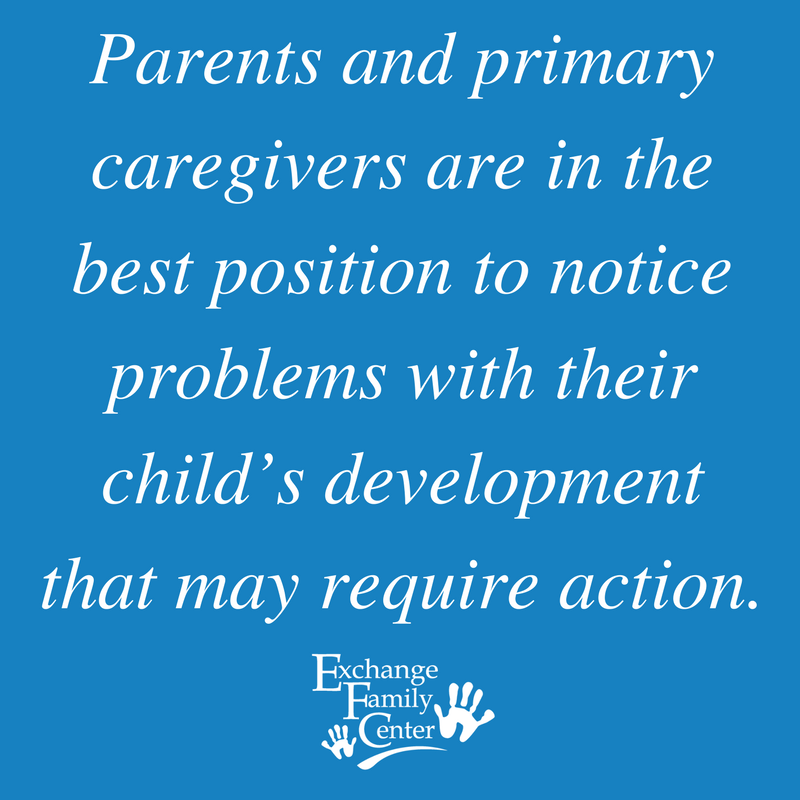Children develop at different rates, but there are certain skills that children are expected to develop by particular ages. When children do not reach these milestones within the expected timeframe, parents and caregivers may become concerned.
What You Might Be Seeing
Parents and primary caregivers are in the best position to notice problems with their child’s development that may require action. Some differences between children are normal, others are signs of developmental delays or disabilities. When comparing your child to others, you may see differences in any of the following areas:
Using large muscle groups, e.g., to roll over, sit up, stand, walk, run, etc.
Using hands to, e.g., eat, draw shapes, get dressed, play, or write.
Speaking, using gestures, and understanding what others say.
Thinking skills, e.g., learning, understanding, problem-solving, and remembering.
Relating to family, friends, and teachers. Cooperating and responding to others’ feelings.
What You Can Do
First steps:
If you are worried about your child, tell someone who can help you find answers. Don’t accept others dismissing your concerns. You know your child best and are his or her best advocate.
If you notice your child not being able to do something he or she could do in the past, see a doctor as soon as possible. Ask for a “developmental screening.”
At your child’s screening, don’t be afraid to ask questions. If you don’t understand the words being used, ask, “what does that mean?”
Next steps:
If your child is diagnosed with a developmental delay or disability, remember you are not alone. Seek out other families of children with special needs. Find or start a support group.
Learn as much as you can about your child’s special needs and options for treatment. Begin treatment early to give your child the chance to make the best possible progress.
Ask your doctor for referrals to professional agencies that can help you and your child. Some services for your child will also benefit your whole family.
Ongoing Strategies:
Take a break when you need it. Give yourself time to connect with supportive family members and friends. You will be a better champion for your child when you take the time to care for yourself.
Don’t let your child’s challenges become the sole focus. Watching your child grow and develop as part of your family is one of the great pleasures of being a parent.
Remember: You are your child’s best advocate. Trust your feelings, be confident, and take action!
(Adapted from: https://www.childwelfare.gov/pubPDFs/parenting_dev_ts.pdf)

